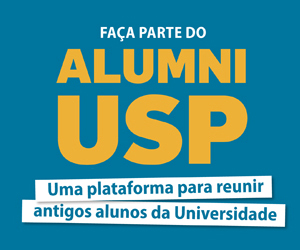- X-ray Microcalorimeter Spectrometers: A new window to previous unsuspected problems in atomic and molecular physics
- Seminario de Física Aplicada com Aceleradores de Partículas – Online
- Prof. Dr. Miguel Reis - Universidade de Lisboa
- 08/04, 6ª feira, 14h. [Online] Solicite o link de acesso para lamfi@if.usp.br
The C2TN X-ray Microcalorimeter Spectrometer (C2TN-XMS) was installed at what was still ITN (Instituto Tecnológico e Nuclear) in 2008. Until today it provided experimental data for two PhD works, eight papers, and several oral presentations at conferences, workshops and seminars. Although few, breakthrough results where reached and shown. XMSs open a wide window to important secondary effects like Radiative Auger Emission or multiple ioniza-
tions. They clearly point problems on atomic fundamental parameter databases at levels so fundamental as transition energies or fluorescence coefficients. Beyond these, C2TN-XMS data has also raised an important question upon the physical models traditionally used to describe heavy charged particle ionization processes, and de-excitation processes that follow.
More than 10 years have passed over the installation of this first generation XMS system, and a factor between 2 and 10 of improved resolution has been reached and is now available for new systems. This brings us at or even below the natural width of many atomic and molecular transitions, and a whole new set of problems emerges, including significant differences between different inner-shell ionization processes, which were assumed negligible until now. New models, new algorithms and new software codes will be necessary in the near future to properly explain all details in XMS systems data. In this talk, an overview of results and some of the present or near future challenges emerging from the exploitation of these spectrometers will be presented.













